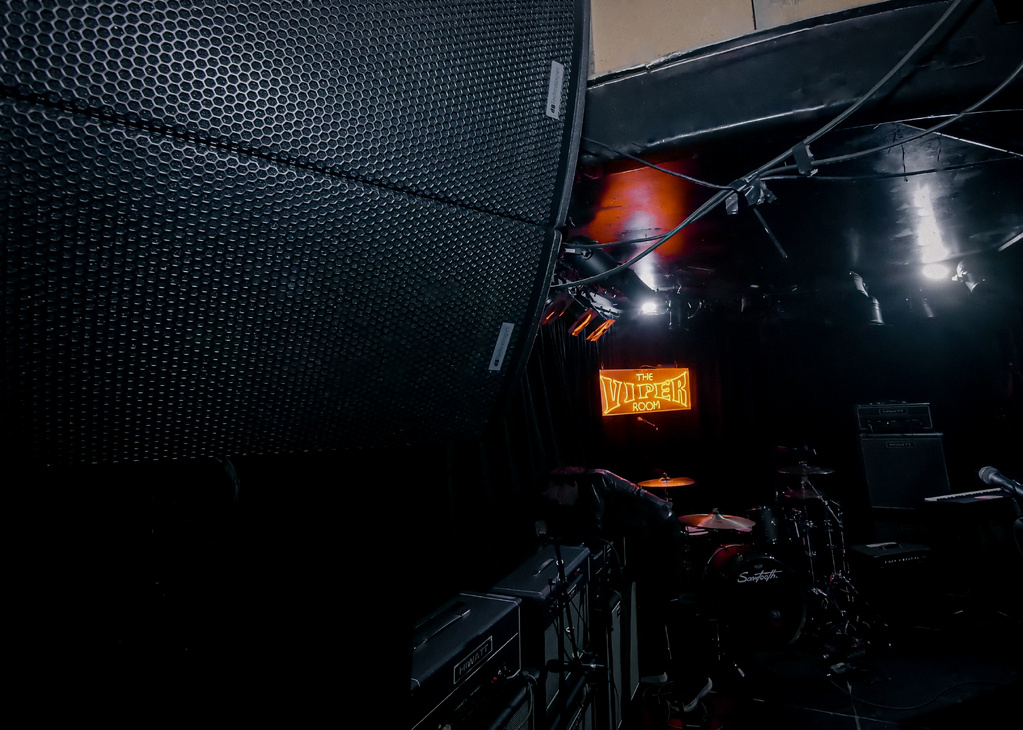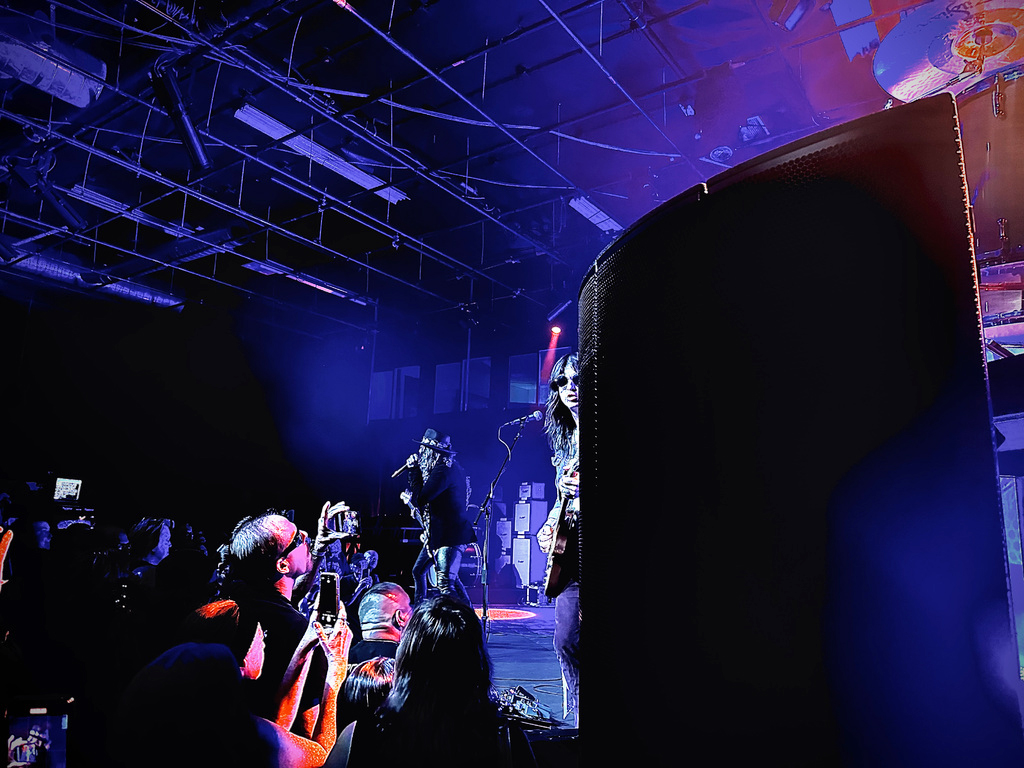Greetings! Grace and peace be upon you in the name of the risen Christ! Er… sorry. Wrong crowd. I’m usually writing sermons for a church full of folks bumping elbows to get room in the last few pews. I pastor a small rural church, and my Xennial side-hustles include historical and theological research and assisting in chapel planning at a United Methodist seminary.
In short, I don’t use a lot of tech. Whether I’m preaching to farmers or professional theologians, one thing remains completely constant: The Word is eternal, but our skills are finite.
I’m not an effective leader without a competent group of professional or volunteer tech assistants to keep things moving. If it were left to Luddites like me, we’d all still be worshiping like Mennonites. (Not that there’s anything wrong with our more minimalist brothers and sisters, but lots of old ladies in my congregation rely on hearing enhancement systems to hear sermons through earpieces. It takes all sorts, friends.)
And yes, I confess that I am a Luddite. It’s not that I’m afraid of tech, it’s that I’m so busy. Tech moves quickly; one of the great ironies of pastoral life is that it’s full of slow things that make life pass very quickly.
So, I confess, beloved tech team, I don’t know how to quit you. Like, literally. To further our relationship, here are some confessions that pastors like me wish you knew.
Tech, Meet Church
I view tech as an extension of how the Holy Spirit works in our churches (no pressure or anything). It’s what allows worship leaders to communicate ideas more fully to more people in tangible ways. Let’s be honest here: Most pastors aren’t expert emcees and can’t necessarily communicate big ideas without the use of comforting orders of service and liturgies, and tech has become increasingly insolvent from both.
That’s where you come in. Tech can keep things moving, keep everyone on track. Think of the last time a service you were working went off the rails and consider how the congregation experienced it. Maybe your guest accompanist added a song at the last minute and you were left without lyrics to project (a purely hypothetical scenario, of course). Does the congregation think, “Hmm… this musician has taken liberties with the order of service,” or do they assume that tech didn’t display the lyrics properly?
Unfortunately, it’s like working at a restaurant. The waiters usually get blamed for long waits, though wait times usually have more to do with what’s happening in the kitchen.
In restaurants and churches alike, the systems are interdependent and must function together for everything to come together. When tech and pastors align, the alchemy can be storytelling magic. Yet, in those moments where we’re less than ideally aligned, every hurdle that’s experienced may bring your team closer if you can communicate with respect and a decent sense of humor.
In the meantime, your quick thinking and problem solving have the potential to rescue services (and pastors) when things start to go haywire. It’s hard to overstate this: you’re like Genie from Aladdin: “Phenomenal cosmic power, itty bitty living space.”
In short, tech can empower people with different abilities to participate in worship and the life of the church in ways that are meaningful to them. Tech brings visions and dreams to life, creating new and unique spaces for diverse experiences of God. And tech is allowing us to welcome more people into the life of the church every day.
My Wish List
Through experience, I have very low expectations… and am constantly rewarded with awe at the gifts I witness in the volunteers and professionals I work with. Instead of focusing on what others expect, allow yourself to think relationally.
Here’s what I desire in a teammate: a good sense of humor, a can-do attitude, the desire to pitch in, the ability to say “yes, and,” – it’s the first rule of improv acting and a remarkable skill in literally every relationship and team environment. It means being vulnerable enough to pitch an idea and gracious enough to receive simultaneously and makes everyone better at their jobs.




















